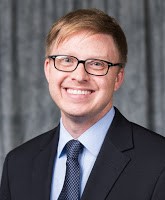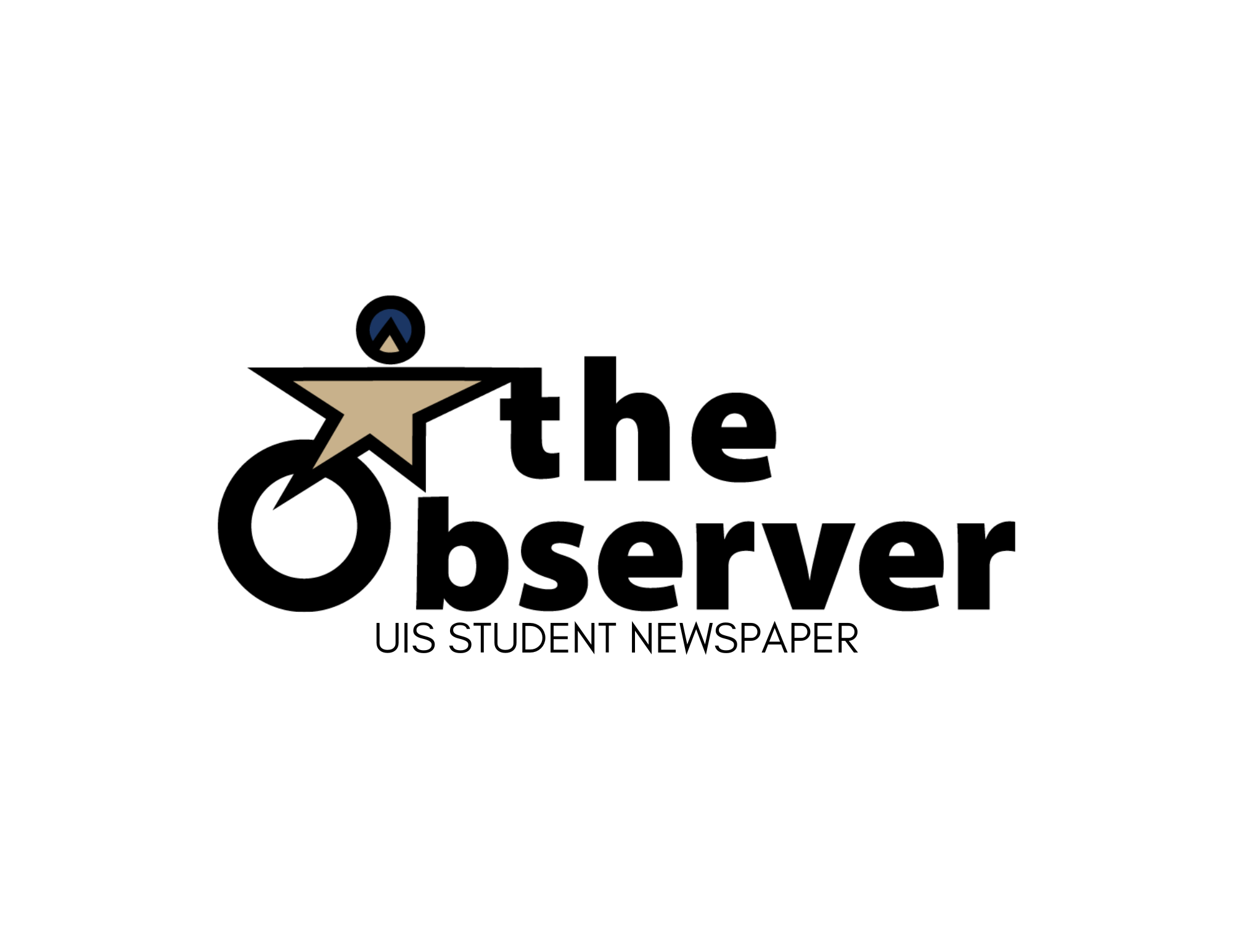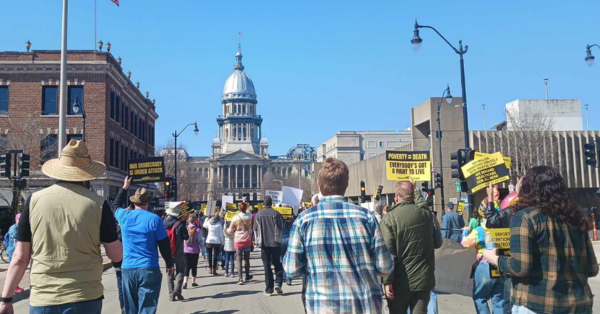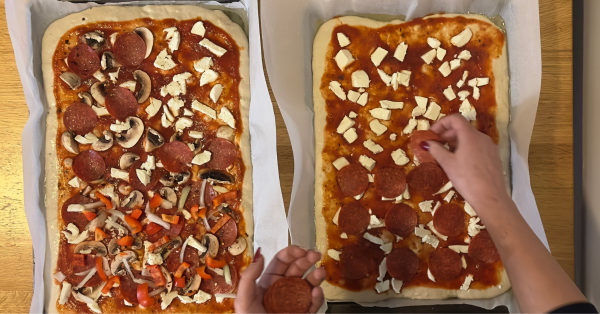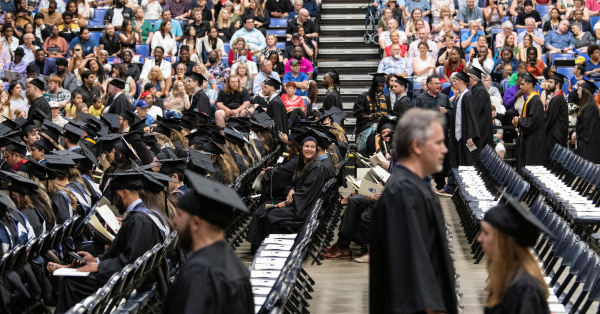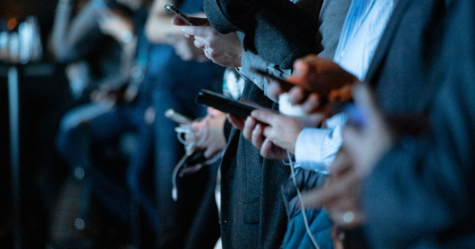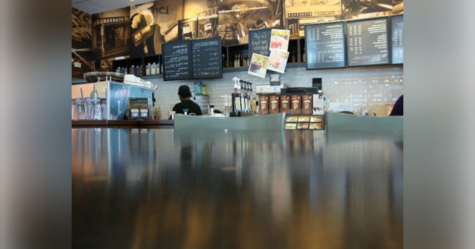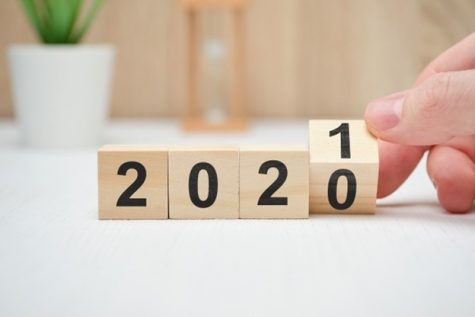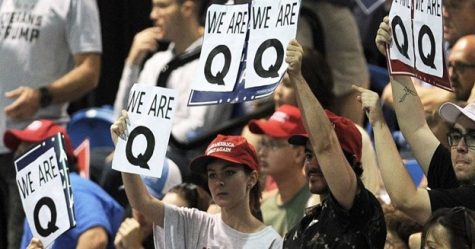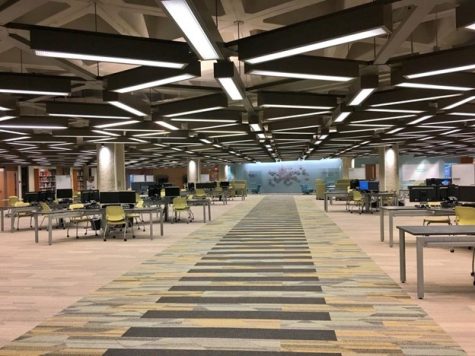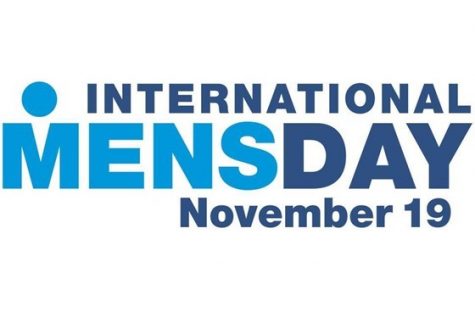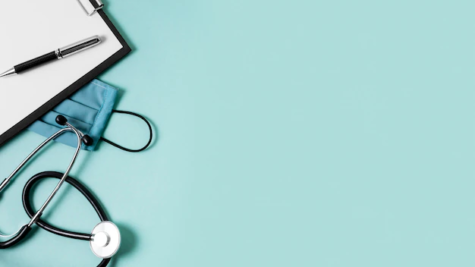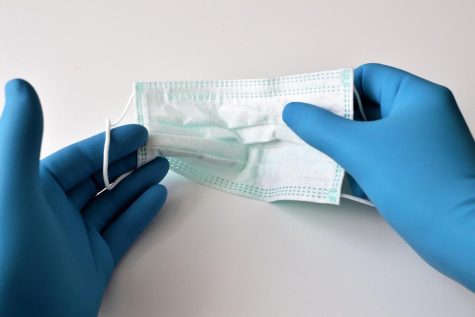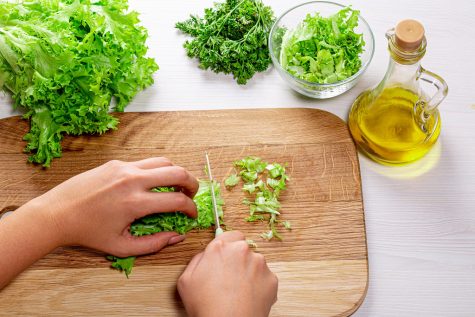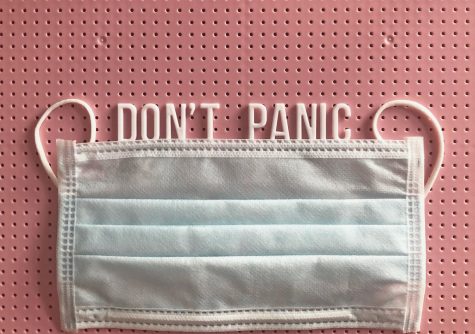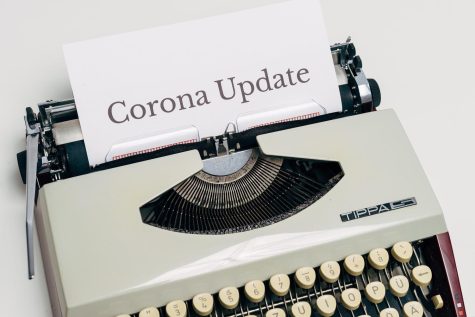A Microbiology and Human Disease Professor’s Perspective on COVID-19
It appears as if much of the information about the novel coronavirus pandemic is muddled with political bias, unsubstantiated claims, limited amounts or improper usage of research and even conspiracy theories. One finds great difficulty deciding which information to trust, and from which sources. While it is important to be able to fact-check and discern these things on one’s own, the likelihood of finding objective information with a high level of veracity increases in direct proportion to the scientific credentials of the source. The Journal staff reached out to Dr. Noah Reynolds, Assistant Professor in the Department of Biology at UIS, for his perspective on the matter.
—
UIS Journal: What is your .job description?
Noah Reynolds: I teach courses in cell biology, introductory biology, microbiology, and human disease. I also work with students in the research laboratory investigating microbial protein synthesis.
UIS Journal: Can you discuss how you helped with COVID-19 testing and mitigation efforts, [and] what that was like?
NR: I was asked by the Dean of the College of Liberal Arts and Sciences, Dr. Lemke, to provide input on safety and disinfecting protocols that were being assembled. It is nice to get to put some of your expertise to use for the safety of the university, even if just in a very small way…This was one of the great things that was happening. There is a lot of expertise at the university and everyone was happy to help as much as they could.
UIS Journal: Microphysiologically speaking, how do people become infected with COVID-19?
NR: A protein located on the SARS-CoV-2 viral particle called the spike protein engages with a protein, known as ACE2, on host cells. The interaction between the spike protein and ACE2 begins the process of the virus entering into the host cell. It appears that the ACE2 protein is expressed highly on cells of the respiratory tract, cornea, and gastrointestinal tract. It is important to stress that other factors are known to be important for viral entry into cells and we are really just starting to understand how the infection takes place.
UIS Journal: I heard that, while antibodies may not last very long, people can stay protected anyway. How does COVID-19 immunity work, and why don’t we need antibodies to stay protected?
NR: Antibodies are only one part of our body’s response that protects us from a pathogen. Our adaptive immune system also includes B-cells and T-cells. These cells can provide us with immunological memory, and a second exposure to the pathogen activates the memory response. This provides us with protection if we ever encounter a pathogen again.
UIS Journal: Is there anything you wish people knew about COVID-19, or anything relating to the pandemic?
NR: We don’t know the long-term effect of COVID-19. We are just starting to learn about heart damage and neurological consequences but it will be years before we really understand the long-term health problems that could be associated with COVID-19.
—
As Dr. Reynolds stated, it is hard to know what the future will hold regarding the novel coronavirus. Each month seems to hold new or ever-changing information, one prime example being the efficacy and importance of mask-wearing. The best option is to fact-check all information, learn to distinguish between reputable and disreputable sources, think critically for oneself, stay updated on the legislation, follow the appropriate CDC and local guidelines, mitigate risk, and stay prepared.
